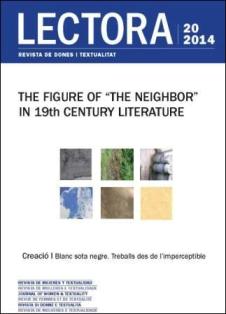Dressing Uncivil Neighbor(hood)s. Walt Whitman's Adhesive Democracy in “Calamus” and “Drum-Taps”
Keywords:
Walt Whitman, adhesive love, democracy, “Calamus”, “Drum-Taps”Abstract
This article analyzes 19th-century US poet Walt Whitman’s vindication of “adhesiveness” as imperative to the formation of a social democracy which might heal the neighborly hatreds of a divided United States and bind the nation together at a time of violent fragmentation and Civil War. The article examines Whitman’s location of the possibility of politics and democracy at the interpersonal level, and connects the poet’s political project in his 1860 “Calamus” with that in the 1865 “Drum-Taps”, studying how Whitman’s belief in the uniting capacity of love between men remained constant even as he was witnessing the tragic consequences of a four-year Civil War which would widen even more the irreconcilable gulfs between different Americans.Downloads
How to Cite
Issue
Section
License
The Author retains ownership of the copyright in this article and grants Lectora: revista de dones i textualitat the rights to print publication of the Article. The work will be available under a Creative Commons Attribution-Noncommercial-No Derivative Works license, by which the article must be credited to the Author and the Journal be credited as first place of publication.
The Author is free to enter in seperate, additional contractual agreements for the non-exclusive distribution of the work as published in this journal (such as institutional repositories or a book), as long as the original publication in Lectora is credited.
The Author is encouraged to post the work online (eg in institutional or thematic repositories, or in their website), as it can lead to productive exchanges as well as to a greater citation of the published work (see The Effect of Open Access).





